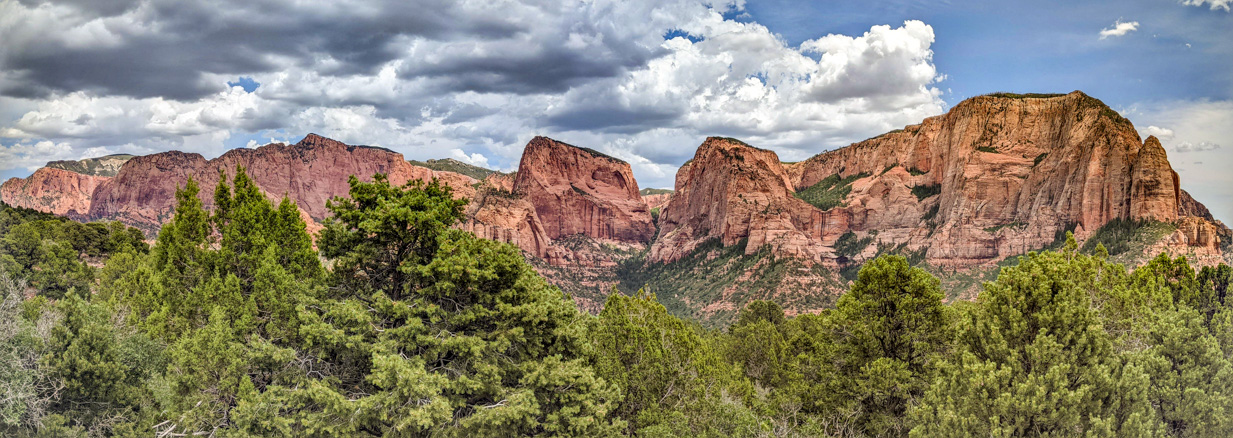

 ©Laura Haverkamp
©Laura Haverkamp
Chapter 15 (ESV) - And the word of the Lord came to me: “Son of man, how does the wood of the vine surpass any wood, the vine branch that is among the trees of the forest? Is wood taken from it to make anything? Do people take a peg from it to hang any vessel on it? Behold, it is given to the fire for fuel. When the fire has consumed both ends of it, and the middle of it is charred, is it useful for anything? Behold, when it was whole, it was used for nothing. How much less, when the fire has consumed it and it is charred, can it ever be used for anything! Therefore thus says the Lord God: Like the wood of the vine among the trees of the forest, which I have given to the fire for fuel, so have I given up the inhabitants of Jerusalem. And I will set my face against them. Though they escape from the fire, the fire shall yet consume them, and you will know that I am the Lord, when I set my face against them. And I will make the land desolate, because they have acted faithlessly, declares the Lord God.”
Question to consider: Why is a vine branch inferior to that of a tree?
A common metaphor for Israel was that of the grapevine because their value was in the fruit that the Spirit of God produced through them in making Him known to the nations. Rather than bearing fruit and elevating God’s name among the nations, Israel had adopted their idols and sinful practices to the point where they were merely a withered and naked vine. So God’s word to Ezekiel was to ask them what value they possessed if not to bear fruit.
The vine itself was an inferior wood to that of the trees in the forest. It was not strong enough to make a table or even a peg on which to hang something. The only value of it was as kindling for the fire. Of course, in this case, Israel was not even good for fuel because it was already consumed on both ends, and even the middle was charred. The two ends of the vine were a reference to the two kingdoms: the northern kingdom of Israel, and the land of Judah. Both of them had already been destroyed, and the people had been sent into exile. The only thing that was left of Judah was its center– the city of Jerusalem.
In case His metaphor was being lost on them, God said that Jerusalem was like this useless, charred vine, and it would be consumed by fire. He would set His face against them and make the land desolate, for they continued to act faithlessly despite all of His warnings and calls for repentance.
If this message of judgment seems redundant because it has been repeated so many times over the last seven chapters, we should remember that the message began about seven years before the judgment actually took place. So over the course of seven years, God called those in Jerusalem to repent or face destruction and desolation. Rather than listening to God’s warnings through Ezekiel (and other prophets like Jeremiah), the people in Jerusalem listened to false prophets who continued to say that the city was God’s favorite and that Babylon would never be able to breach its walls. This seems so ludicrous in light of the fact that Judah had already been burned, but when people’s hearts are hardened to the truth, no amount of evidence will persuade them.
Dear heavenly Father, please soften our hearts to hear the truth of our sin and need to be reconciled with You. Thank You for sending Jesus to do the work of the Law which we failed to do and to pay the penalty for our failures. Amen.